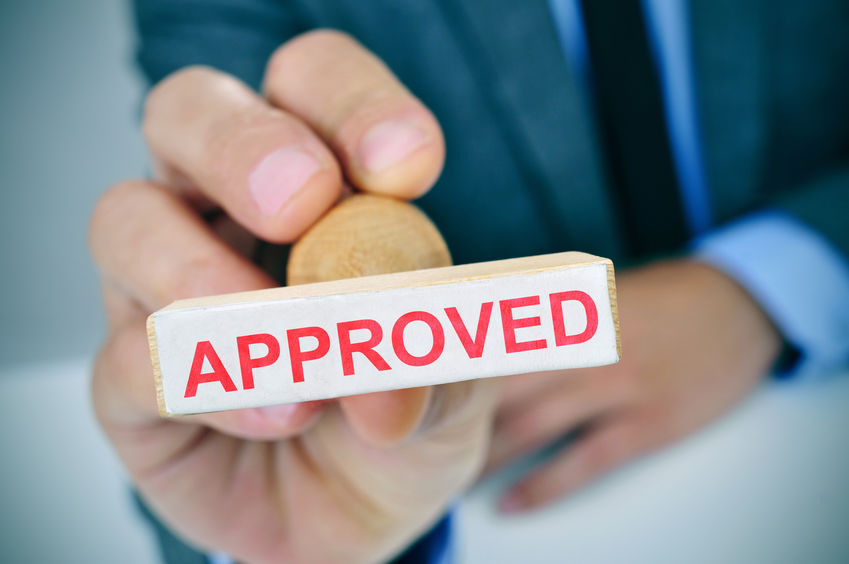(Updated as of May 5) Feds Offer Clarification on Unforgivable SBA Loans:
Securing a Small Business Administration (SBA) loan connected with the CARES Act for COVID-19 relief has been difficult enough. But the complications don’t stop once you have a loan: it’s important to understand how the loans will be audited and forgiven (or not). We recently sent the following points to our clients. Please consult a tax expert before taking any further action since federal guidance is being issued often and every organization’s situation is different.
According to announcements and a joint SBA and U.S. Treasury FAQ document as of May 3, 2020:
- All loans of $2 million or more will be audited. Smaller loans are subject to audit.
- The bank originating the loan and processing the forgiveness paperwork will also be performing the audit as part of the forgiveness process.
- Small “qualifying” companies owned by large businesses will no longer qualify for these loans.
- Businesses that meet the following criteria do not qualify for a PPP loan: “businesses who, with current business activity and their ability to access other sources of liquidity sufficient to support their ongoing operations in a manner that is not significantly detrimental to the business.” Borrowers must make this certification in good faith, taking into account their current business activity and their ability to access other sources of liquidity sufficient to support their ongoing operations in a manner that is not significantly detrimental to the business.
- A non-qualifying business that received a PPP loan has until May 7, 2020, to return the loan proceeds with no penalties.
In addition, the IRS announced last week in Notice 2020-32 that deductions paid with “forgiven” loans would NOT BE DEDUCTIBLE. However, this notice seems incorrect in its analysis for at least two reasons:
- Statutory interpretation. The rules provide that legislators do not use unnecessary words, phrases, sentences, paragraphs, etc. so that any interpretation which would render other areas meaningless are not valid. The law, before the CARES Act, states basically that a taxpayer has income to the extent of debt relief. Their interpretation of the new clause makes no changes in current law.
- In a previous financial crisis, Congress passed a law that allowed solvent banks to acquire insolvent banks, with the FDIC guaranteeing the assets of the acquired bank. When the buyer requested reimbursement, the FDIC paid for the assets that went bad. In addition, the buying bank also claimed losses on these assets on their tax returns (considered double dipping on the same asset). Again, the IRS disallowed this deduction. However, the taxpayers prevailed in these cases [Centex Corp v. US, 395 F.3d 1283 (Fed. Cir. 2005), also FDIC v First Heights Bank FSB, 229 F.3rd 528 (6th Cir. 2000)].
Many organizations including the AICPA and state CPA societies agree and are challenging this interpretation by the IRS.
Stay tuned and consult a tax expert before deciding how to utilize your loan. If we can be of any further assistance, please feel free to contact us.
Original post written April 27, 2020:
A new $484 billion in funding arrived in part to help small businesses through the financial hardships of the coronavirus crisis. The recent infusion provides additional funding for loans, particularly for the Small Business Administration (SBA) Paycheck Protection Program (PPP).
The SBA resumed accepting PPP applications from participating lenders on April 27, 2020. The Wall Street Journal reports that those who had already been approved but hadn’t yet received funds, and those who apply and are approved during this second round, should receive PPP funds within 7 to 10 days. The key, though, is to make sure you receive confirmation of loan approval from your SBA-authorized lender.
“Many bank clients believe they’ve been approved, but weren’t. The best way for a business owner to check whether or not they’ve been approved is to follow up directly with their lender,” WSJ states.
SBA resumed processing Economic Injury Disaster Loan (EIDL) and advance applications that were already in the queue on a first-come, first-served basis. An EIDL portal to receive new applications—including those from agricultural enterprises—will be ready as soon as possible.
But before requesting a PPP or any other EIDL or advance for COVID-19 relief, consider the terms and conditions carefully. Many small businesses are finding out too late that the money they borrowed and, in some cases, already spent will not wholly qualify for loan forgiveness. For instance, S Corp owners are finding out that only the portion of income they declare as their salary (up to $100,000) and payroll expenses for tax purposes will qualify for PPP loan forgiveness. This does not typically include owner draws, distributions, or loans to shareholders. Only a small portion of other business expenses like interest on mortgage obligations, rent, and utilities qualify—and only if that money is used within eight weeks of receiving the loan. You must also maintain a certain level of staffing and salary/payroll levels if you have employees.
It’s a situation that will continue to evolve, raise concerns, and require clarification for months to come. The bottom line is that while you may qualify now, you could be surprised come tax time or later to find out the loan had more strings attached than you thought. We have recently sent worksheets to assist businesses with not only tracking these expenses, but also computing the forgiveness amounts. Feel free to contact us with questions or to receive these worksheets.















